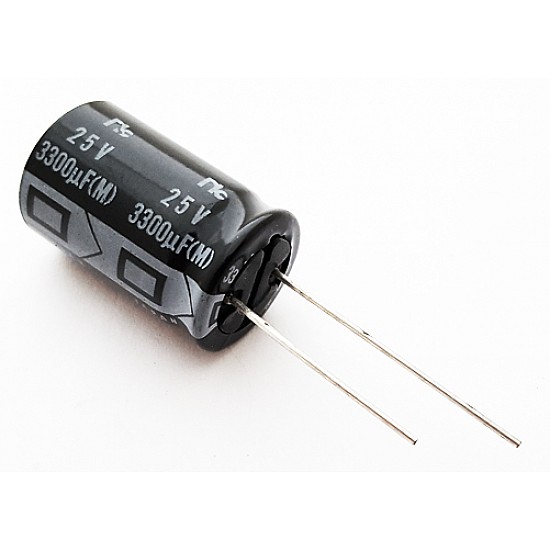In the realm of electrical engineering, capacitors play a pivotal role in various applications. They are widely known for their ability to store and release electrical energy. However, a common question that arises is whether capacitors can increase DC voltage. In this article, we will delve into the intricacies of capacitors and explore the truth behind their impact on DC voltage.
Understanding Capacitors:
Before we dive into the main question, let's first establish a solid understanding of capacitors. A capacitor consists of two conductive plates separated by an insulating material, known as a dielectric. When a voltage is applied across the plates, an electric field is created, causing the accumulation of charge on each plate. This stored charge can be later discharged when needed.
Capacitors in DC Circuits:
In a direct current (DC) circuit, the voltage remains constant over time. Now, the question arises: can a capacitor increase this constant voltage? The answer is both yes and no, depending on the context.
- Coupling Capacitors:
In certain applications, capacitors are used as coupling capacitors to block DC voltage while allowing AC signals to pass through. These capacitors act as a barrier, preventing the DC component from interfering with the AC signal. In this case, the capacitor does not increase the DC voltage; rather, it isolates it. - Charge Pumps:
On the other hand, there are specialized circuits called charge pumps that utilize capacitors to increase DC voltage. A charge pump circuit typically consists of switches, diodes, and capacitors. By cleverly switching the capacitors and controlling the flow of charge, the voltage can be boosted. This technique is commonly employed in voltage multipliers and certain power supply applications. - Energy Storage:
While capacitors themselves do not inherently increase DC voltage, they can indirectly contribute to voltage stability. By acting as energy storage devices, capacitors can provide a stable source of power during transient events, such as sudden load changes or voltage spikes. This stability ensures that the DC voltage remains constant, even in the face of external disturbances.
Conclusion:
In summary, capacitors can have different effects on DC voltage depending on their application. While they are commonly used to block or isolate DC voltage, specialized circuits like charge pumps can utilize capacitors to increase the voltage. Additionally, capacitors play a crucial role in maintaining voltage stability during transient events. Understanding the specific context and purpose of capacitors is essential in determining their impact on DC voltage.
About Author
You may also like
-
Maximizing Survey Accuracy with Advanced Surveying BeiDou Modules
-
What is fiber splice enclosure?
-
Inside the ARKON 2.4G Wireless Headphone DHP380A
-
High-Precision Drone GNSS Modules: Solutions for Efficient UAV Operations
-
Reducing Heat and Energy Loss in EV Powertrains with Laminated Bus Bar Technology

